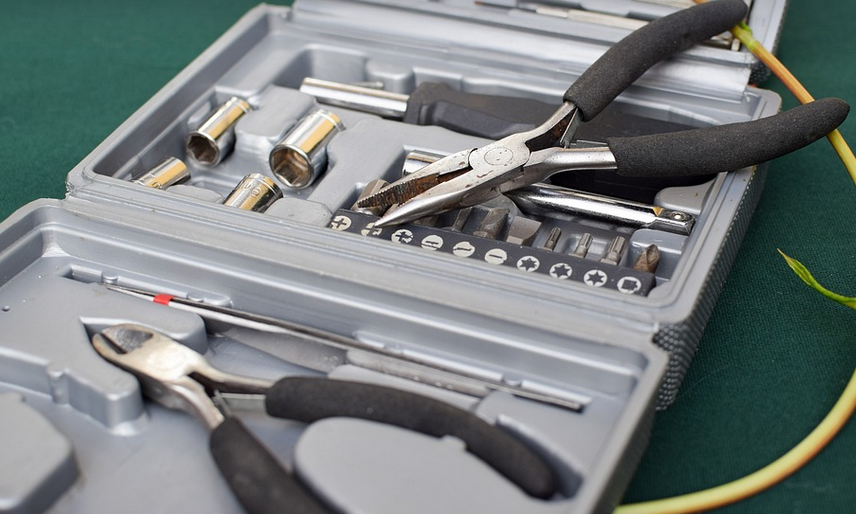A World of Steel, Buttons, and Smooth Moves: Understanding Elevator Installation Costs
So you’re considering a new elevator for your building. Maybe a sleek home lift for a tight space or a high-speed solution for a bustling office. A new elevator can add a whole new dimension to your property’s functionality and stature. But with this exciting prospect comes the crucial question: how much will all that steel, buttons, and smooth movement actually cost?
The truth is, there’s no one-size-fits-all answer when it comes to elevator installation costs. It’s like asking “How much does a car cost?” – it depends on so many factors!
First and foremost, let’s dive into the main components that influence your final bill:
Factors That Impact Elevator Installation Costs
Imagine you’re assembling a Lego masterpiece; each piece contributes to the overall structure. Just like with Legos, elevator installation gets complex as we encounter various factors that affect pricing.
1. Type of Elevator
The first and major factor is the type of elevator you choose. There are several categories, each catering to specific needs:
* **Residential Elevators:** For homes or apartments, these typically range from a few thousand dollars to tens of thousands depending on size, number of floors, and additional features like automatic doors or home automation integration.
* **Commercial Elevators:** For businesses, these can be as affordable as smaller models for 2-3 stories, or they might require sophisticated solutions for a multi-story building with heavy traffic.
* **Hospital and Healthcare Elevators:** These critical elevators are often designed for specific medical needs, requiring specialized engineering, safety features, and even patient-carrying capacity.
2. Building Size and Structure
The size and structure of your building significantly impact elevator installation costs. A smaller building with a few floors will naturally require less material and labor than a massive skyscraper needing multiple elevators for countless passengers.
* **Existing Infrastructure:** If you’re working with an old building, you might need to adapt existing frameworks or add new support structures before the elevator can be installed.
* **Stairwell Space:** The amount of space available in your building’s stairway can also influence cost. A wider staircase will require less effort for installation compared to a narrow one.
3. Elevator Features and Specifications
Beyond the basic structure, elevators come with various features that contribute to their cost:
* **Speed:** Faster speeds mean more complex machinery and higher energy costs, increasing the overall price tag. * **Automation:** Automatic doors, intelligent control panels, and advanced safety features all add up to a higher investment.
* **Capacity:** The number of people or packages the elevator can carry directly affects its cost, with larger capacities often requiring heavier materials and more complex engineering.
4. Location and Installation Challenges
The location of your building plays a role in the installation process.
* **Accessibility:** A tight space on a multi-story building might need custom solutions, potentially increasing the cost of labor and material acquisition.
* **Regulations:** Depending on the area, local permits and regulations might add to the final price. Building codes and safety standards vary across locations, requiring additional inspections and compliance measures
5. Labor Costs
Don’t underestimate the importance of skilled labor! Installing an elevator requires a team of specialized professionals, from electricians and engineers to mechanics and installation experts.
* **Installation Time:** The complexity of the project, including the building structure, staircase design, and elevator type, impacts how long it takes to install.
How Much Should You Budget for Installation?
So, with all these factors in play, let’s take a look at some estimated costs:
General Estimates
It’s important to remember that these are just estimates. Actual cost will vary based on the specific project and location.
* **Residential Elevator:** $5,000 – $30,000 (depending on size and features) * **Commercial Elevator (small office):** $10,000 – $40,000 * **Commercial Elevator (large office or hospital):** $50,000 – $200,000+
Getting a Real Cost Estimate
To get an accurate cost estimate for your specific project, it’s essential to reach out to experienced elevator companies in your area.
* **Request Quotes:** Get multiple quotes from reputable providers who can assess the unique needs of your building and offer personalized estimates.
* **Detailed Project Proposal:** A detailed proposal will outline all costs, including labor, materials, permits, and potential hidden expenses.
Beyond Installation: Ongoing Costs
Remember, elevator installation is just one piece of the puzzle. It’s crucial to factor in ongoing maintenance costs for a smooth operation:
* **Regular Inspections & Maintenance:** Like any machinery, elevators require regular checks and repairs to ensure their long-term performance. * **Emergency Repairs:** Accidents happen! Having a backup plan in place for emergency repairs is essential. * **Energy Costs:** Elevators consume a considerable amount of energy, so consider the ongoing cost of electricity and maintenance.
In Conclusion: Planning for Smooth Moves
Getting a new elevator can be a significant investment, but it’s an investment worth considering! Understanding the various factors that impact installation costs and planning your budget ensures you navigate this exciting journey with ease. Remember to involve experienced professionals throughout the process to make the most informed decisions.
